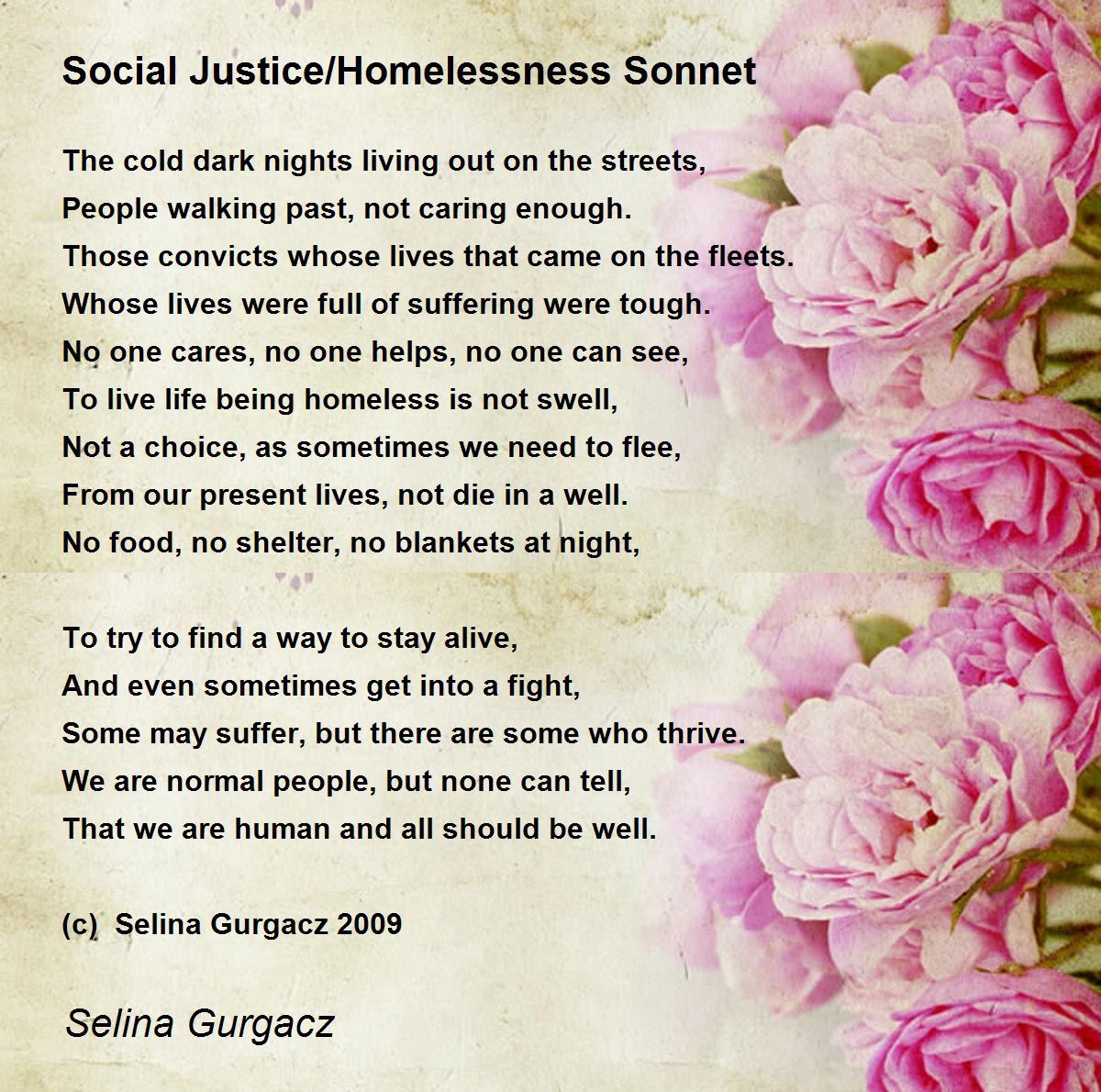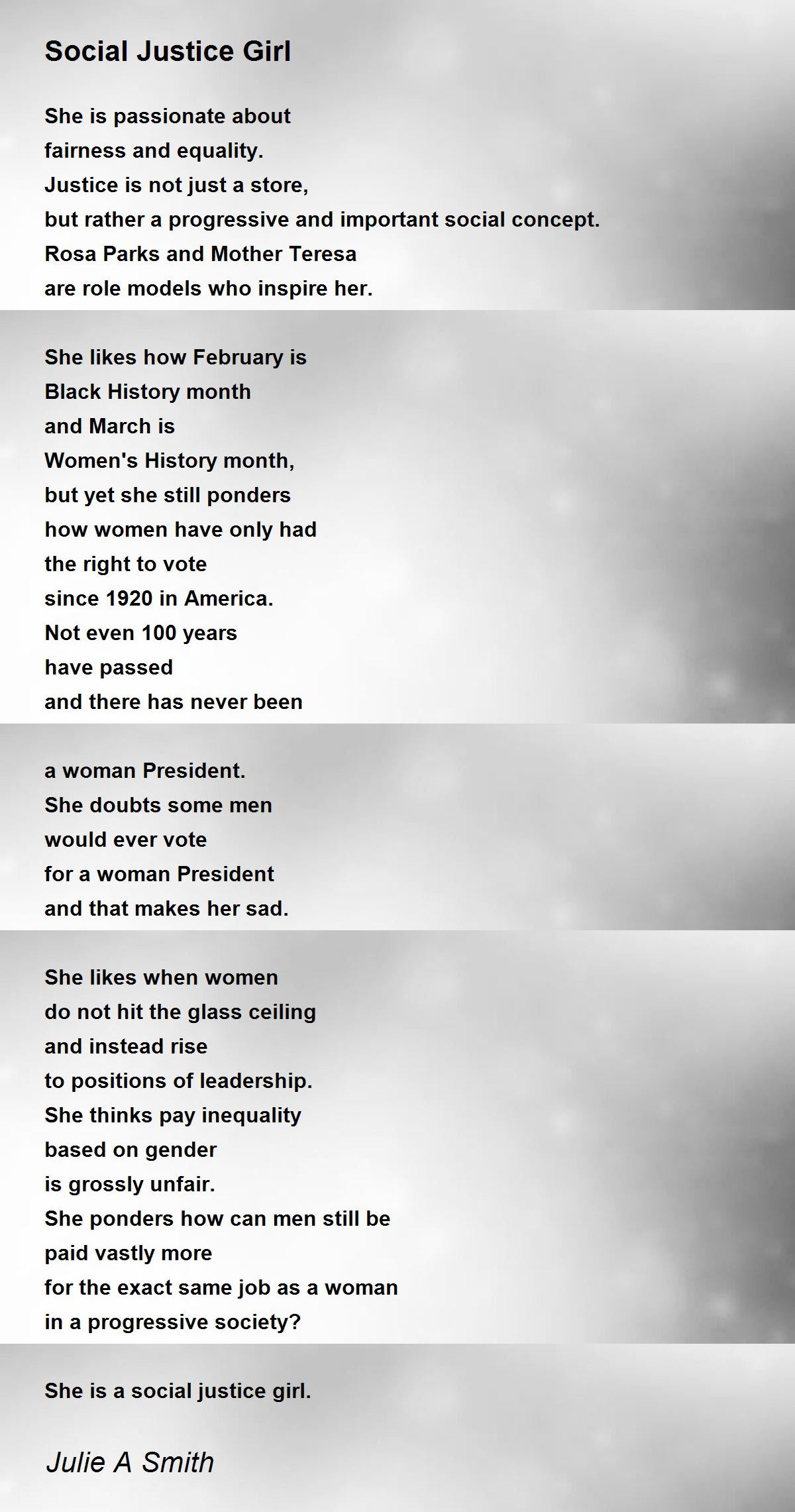The intersection of poetry and social justice has long been a powerful force in shaping societal narratives and inspiring transformative change. For centuries, poets have used their craft to highlight inequalities, give voice to the marginalized, and challenge oppressive systems. From the abolitionist verses of the 19th century to the modern-day spoken word artists tackling issues like racial injustice and climate change, poetry remains a vital medium for advocating justice. This unique blend of artistry and activism continues to resonate with audiences worldwide, offering both solace and a call to action.
At its core, poetry is not just an expression of beauty but also a tool for truth-telling. When combined with social justice, it becomes a weapon against silence, giving power to those who have been silenced for too long. Through evocative imagery, rhythmic cadence, and heartfelt emotion, poets illuminate the complexities of human experiences. Their work often serves as a mirror, reflecting society's flaws while simultaneously envisioning a better future. In this article, we delve into how the intersection of poetry and social justice has evolved over time, uncovering its profound impact on culture, politics, and individual lives.
As we explore this dynamic relationship, we will examine the historical roots of socially conscious poetry, highlight contemporary voices that continue to push boundaries, and analyze how these works influence public discourse. By understanding the intersection of poetry and social justice, readers can gain insight into the transformative potential of art and its role in fostering a more equitable world. Whether through traditional verse or modern performance pieces, the power of poetry to spark dialogue and drive change remains undeniable.
Read also:Drew Doughty Contract A Closer Look At One Of The Nhls Most Noteworthy Deals
What Is the Intersection of Poetry and Social Justice?
The intersection of poetry and social justice refers to the convergence where literary expression meets activism. It is the space where poets use their words to address pressing societal issues, advocate for marginalized communities, and inspire collective action. This intersection is not merely a thematic overlap but a deliberate effort to harness the emotional and intellectual power of poetry to effect real-world change. Through this lens, poetry transcends aesthetic appreciation and becomes a tool for resistance, healing, and transformation.
Why Does the Intersection of Poetry and Social Justice Matter?
In a world filled with inequities and injustices, the intersection of poetry and social justice plays a crucial role in amplifying underrepresented voices. It provides a platform for individuals to share their stories, challenge systemic oppression, and envision alternative futures. Moreover, poetry's ability to evoke empathy and provoke thought makes it an invaluable ally in the fight for equality. By engaging with these works, readers are invited to confront uncomfortable truths and consider their role in creating a more just society.
How Can the Intersection of Poetry and Social Justice Influence Society?
When poetry intersects with social justice, it has the potential to influence societal norms, policies, and attitudes. Poets often serve as cultural commentators, using their art to critique existing power structures and propose new ways of thinking. Their work can inspire grassroots movements, inform legislative debates, and even shape public opinion. By examining the intersection of poetry and social justice, we can better understand how art contributes to social progress and why it deserves greater recognition as a catalyst for change.
Who Are the Pioneering Voices in the Intersection of Poetry and Social Justice?
Throughout history, numerous poets have emerged as trailblazers in the intersection of poetry and social justice. These individuals have used their platforms to address critical issues such as racial inequality, gender discrimination, and economic disparity. Their contributions have not only enriched the literary canon but also advanced the cause of justice. Below are some notable figures whose work exemplifies the power of poetry to effect change:
- Maya Angelou: Known for her powerful autobiographical works and poetry, Angelou became a symbol of resilience and empowerment for African Americans.
- Langston Hughes: As a key figure in the Harlem Renaissance, Hughes used his poetry to celebrate Black culture and critique racial segregation.
- Audre Lorde: A self-described "black, lesbian, mother, warrior, poet," Lorde's writings explored themes of identity, feminism, and civil rights.
How Has the Intersection of Poetry and Social Justice Evolved Over Time?
The relationship between poetry and social justice has undergone significant transformations over the centuries. In earlier periods, poets often focused on broad themes of morality and virtue, using allegory and symbolism to critique societal norms. However, as political and social movements gained momentum, poets began to adopt more direct approaches, addressing specific issues and advocating for tangible reforms. Today, the intersection of poetry and social justice continues to evolve, incorporating diverse perspectives and leveraging digital platforms to reach wider audiences.
Can the Intersection of Poetry and Social Justice Address Modern Challenges?
Absolutely. The intersection of poetry and social justice remains highly relevant in addressing contemporary challenges such as climate change, mass incarceration, and global inequality. Modern poets draw inspiration from their surroundings, crafting works that resonate with today's audiences. Through slam poetry, spoken word performances, and online publications, these artists ensure that the intersection of poetry and social justice remains a vibrant and dynamic space for engagement and activism.
Read also:Chase Stokes Stranger Things Scene A Detailed Look At His Iconic Moments
What Are the Key Themes in the Intersection of Poetry and Social Justice?
The intersection of poetry and social justice encompasses a wide range of themes, reflecting the complexity of human experiences. Some of the most prominent themes include identity, resistance, liberation, and healing. Poets often explore how personal narratives intersect with broader societal issues, creating works that are both intimate and universal. By addressing these themes, poets contribute to a deeper understanding of the struggles and triumphs faced by marginalized communities.
Where Can We See the Intersection of Poetry and Social Justice in Action?
The intersection of poetry and social justice is evident in various contexts, from community events to international conferences. Poetry readings, workshops, and festivals often feature works that tackle social justice issues, providing opportunities for dialogue and collaboration. Additionally, educational institutions increasingly incorporate socially conscious poetry into their curricula, recognizing its value in fostering critical thinking and empathy among students. These initiatives demonstrate the practical applications of the intersection of poetry and social justice in everyday life.
Is the Intersection of Poetry and Social Justice Relevant to Younger Generations?
Yes, the intersection of poetry and social justice holds immense relevance for younger generations. As digital natives, today's youth have unprecedented access to diverse voices and perspectives through platforms like YouTube, Instagram, and TikTok. Many young poets use these channels to share their work, connect with like-minded individuals, and mobilize support for causes they care about. By embracing the intersection of poetry and social justice, younger generations can continue to push the boundaries of what poetry can achieve in the realm of activism.
Why Should We Support the Intersection of Poetry and Social Justice?
Supporting the intersection of poetry and social justice is essential for promoting inclusivity, fostering dialogue, and driving meaningful change. By investing in this intersection, we empower artists to create impactful works that challenge the status quo and inspire action. Furthermore, we contribute to a cultural landscape that values diversity and recognizes the transformative power of art. Whether through funding initiatives, attending events, or simply engaging with the work, everyone can play a role in supporting the intersection of poetry and social justice.
How Can We Encourage More People to Engage with the Intersection of Poetry and Social Justice?
Encouraging engagement with the intersection of poetry and social justice requires a multifaceted approach. Educational programs can introduce students to socially conscious poetry, while community organizations can host events that celebrate these works. Additionally, media outlets can highlight the contributions of poets working at the intersection of poetry and social justice, increasing visibility and accessibility. By creating opportunities for interaction and learning, we can inspire more people to appreciate and support this vital intersection.
What Does the Future Hold for the Intersection of Poetry and Social Justice?
The future of the intersection of poetry and social justice appears promising, with emerging technologies and shifting societal values opening new avenues for exploration. As digital tools continue to evolve, poets will likely find innovative ways to reach audiences and engage with pressing issues. Moreover, the growing emphasis on intersectionality and inclusivity ensures that the intersection of poetry and social justice will remain a dynamic and influential force in shaping the cultural and political landscape.
Table of Contents
- What Is the Intersection of Poetry and Social Justice?
- Why Does the Intersection of Poetry and Social Justice Matter?
- How Can the Intersection of Poetry and Social Justice Influence Society?
- Who Are the Pioneering Voices in the Intersection of Poetry and Social Justice?
- How Has the Intersection of Poetry and Social Justice Evolved Over Time?
- Can the Intersection of Poetry and Social Justice Address Modern Challenges?
- What Are the Key Themes in the Intersection of Poetry and Social Justice?
- Where Can We See the Intersection of Poetry and Social Justice in Action?
- Is the Intersection of Poetry and Social Justice Relevant to Younger Generations?
- Why Should We Support the Intersection of Poetry and Social Justice?
In conclusion, the intersection of poetry and social justice represents a powerful union of art and activism that continues to shape our world. By exploring its history, analyzing its impact, and embracing its potential, we can harness the transformative power of poetry to create a more just and equitable society. Whether you are a poet, reader, or advocate, there is always a place for you in this intersection, where words become actions and actions become change.


